Another twelve person debate didn’t afford any one candidate much time to shine. But here is some of what stood out to us about each one.
 |
Joe Biden seemed to get off to a weirdly shaky start when asked about Trump’s Ukraine and China-related attacks against his son, Hunter — especially given that he is innocent and that the question was one that the moderators were definitely going to ask. He picked up speed as the debate went on. In the last half hour, Bernie Sanders, Elizabeth Warren and Biden rehashed some of their differences on health care. |
 |
Elizabeth Warren did well, again. She spoke cogently about her support for a wealth tax, and the problems with Amazon’s near-monopoly on online shopping. She also resisted, smartly, when Kamala Harris pushed her to call on Twitter to ban Trump’s account. |
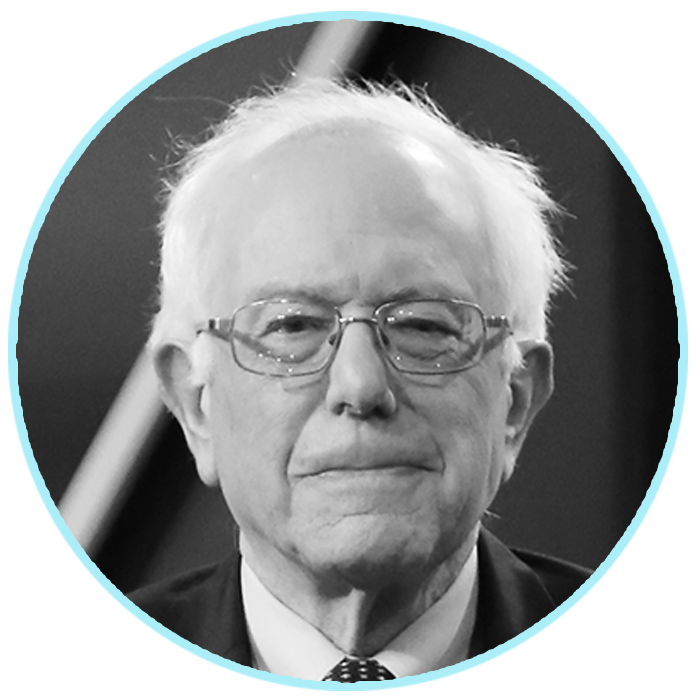 |
Bernie Sanders was back, post-heart attack, a fact for which the audience gave him a long round of applause. He felt a bit subdued, but made his points clearly. As the debate wrapped up, news broke of a coup: Alexandria Ocasio-Cortez will endorse Sanders. |
 |
Pete Buttigieg, a Rhodes scholar and former McKinsey consultant, seemed to be angling to distinguish himself as the anti-elite, man of the people on stage, citing his midwestern upbringing. He stood out for his strong stance in favor of court packing. |
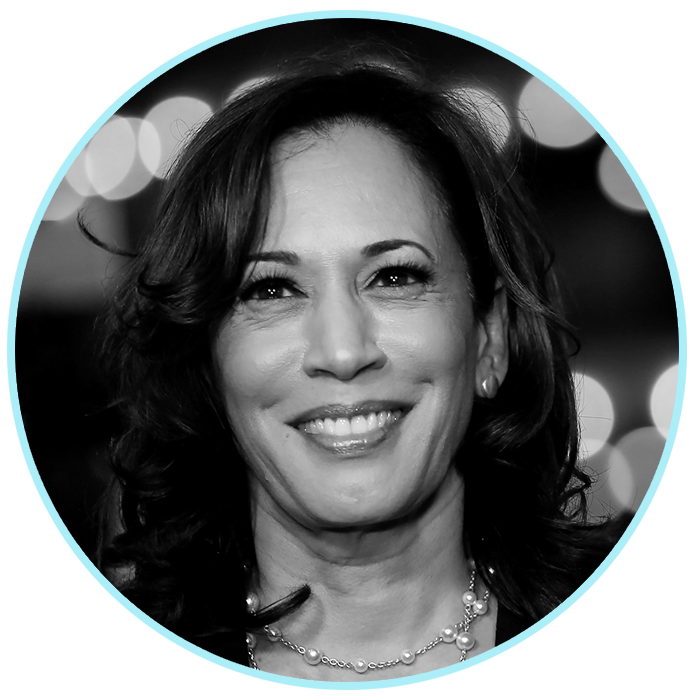 |
Kamala Harris made a curious decision in choosing to challenge Warren to call on Twitter to suspend Trump’s account, part of a larger discussion about checking the influence of big tech. It seemed to miss the point of the conversation — holding big tech accountable means kicking Trump off Twitter? — and Warren did not take the bait. |
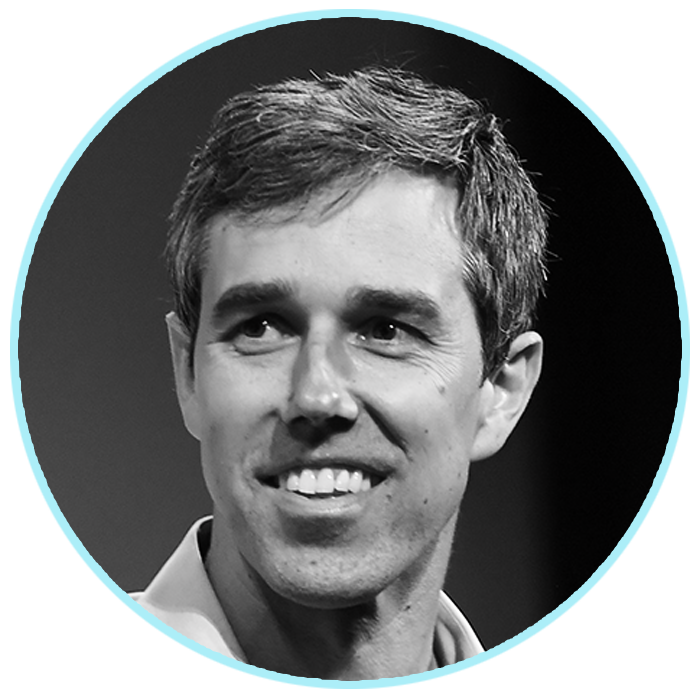 |
Beto O’Rourke shone, as in previous debates, when talking about his strong stance on gun laws. He also ended up on the defensive when Buttigieg seemed to take offense at O’Rourke’s gun comments. |
 |
Andrew Yang felt more combative this time, and his performance was free of the raffle-type gimmick that he kicked off with in September. Yang continues to advance a strong diagnosis of the U.S.’s domestic problems — which makes it weird that he continues to pivot, on each topic, to championing a one-size-fits all solution: a universal basic income. |
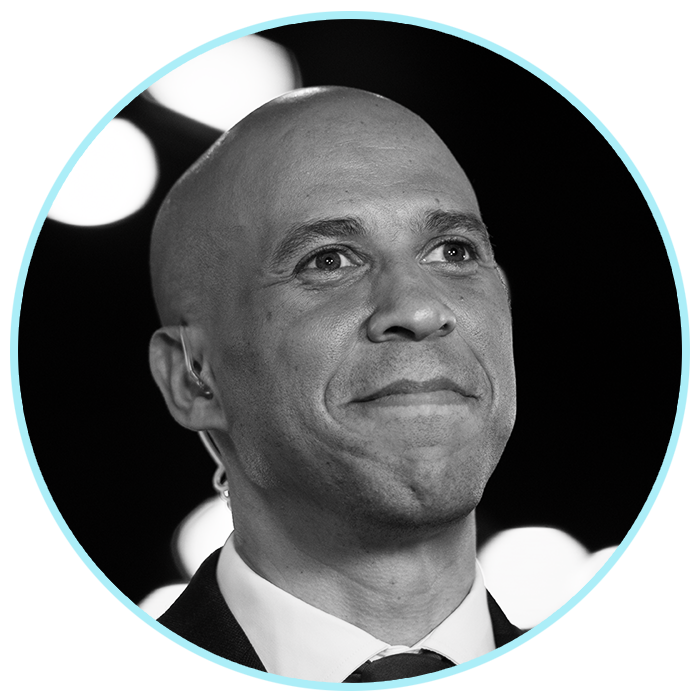 |
Cory Booker hit a note, twice, that always feels a bit bizarre — that Democrats should be careful not to debate too hard during a debate. Still, he came off as perhaps the most positive candidate on stage, a unique identity during a gloomy time for the party. He also told a powerful story about a neighbor who was fatally shot. Those charged anecdotes can be tricky to navigate. |
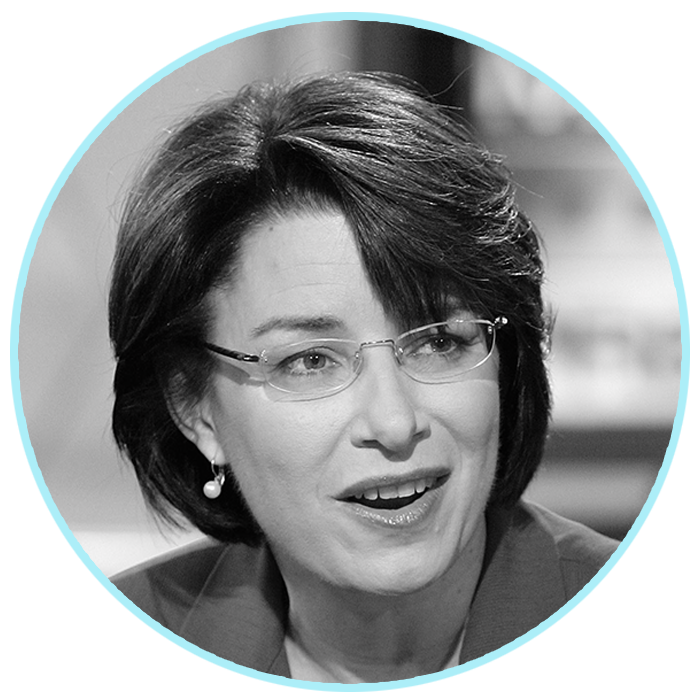 |
Amy Klobucher’s performance tonight was even and seemed to be her strongest so far. Her framing of the need to confront big tech as a “pro-competition” issue — something both parties once advocated for — was effective. |
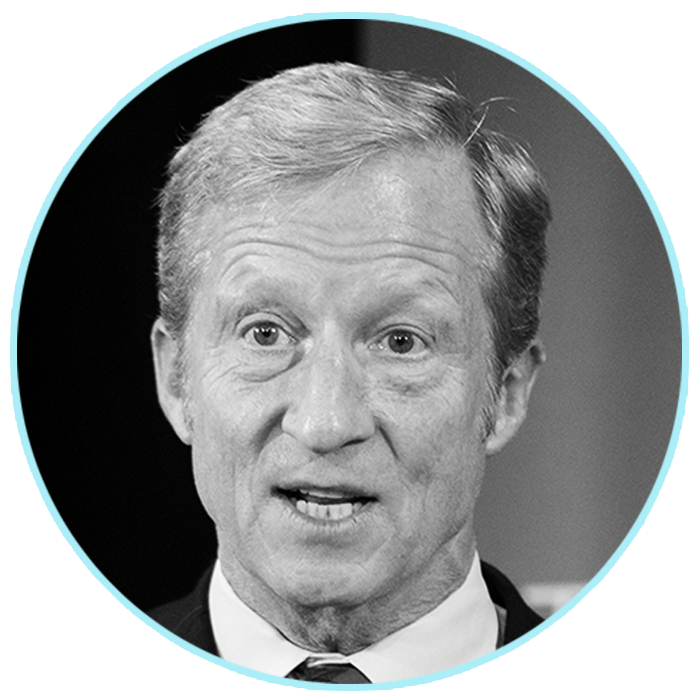 |
Tom Steyer didn’t get a lot of time during his first night on stage, and his performance got dinged a bit for his stiff delivery. He tried to present himself as a successful businessman, and thus a compelling candidate to go up against Trump, who he expects to tout the strong economy. He also was the source of some of the only lines on climate change tonight. |
 |
Julián Castro also didn’t get much time tonight, but made a strong point that police violence is gun violence, invoking Atatiana Jefferson of Fort Worth, Texas, who was killed last week by a police officer while in her own home. |
 |
Tulsi Gabbard made the interesting play of going after first Warren and then fellow veteran Pete Buttigieg on Syria, asking them to condemn wars fought to achieve “regime change.” No one ended up committing to anything specifically, but it provided a jumping off point for a series of Democrats to speak to the damage Trump’s recent withdrawal from Syria, and the subsequent massacre of the Kurds, has done to the U.S.’s international trustworthiness. |


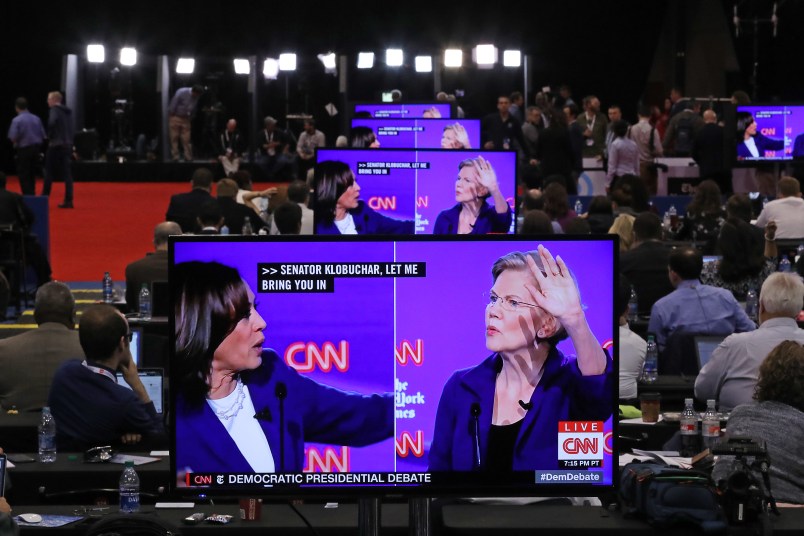




Saint Bernard of the Sacred Valve Stent didn’t so much stand out as hunch over and slouch down.
Beware:
At best, Gabbard might be a Jill Stein Ver 2.0 (Democratic Insider Edition) and at worst, she has a “Trumpian Facet”!
Tulsi Gabbard belongs at the kid’s table, if any. Her one trick is the military, and who gives a shit? Did she distinguish herself there or was she just GI?
She reeks of desperation.
Tulsi had a few GOP talking points to contribute… The DNC should have split this into Adults and Kids Table debates so the discussion among the former could have been more substantive. Although Tom Steyer made more sense than I expected, not that I necessarily trust that guy. If I had his money, I’d spend it all on senate races.
This is such an ungodly long campaign, and its very hard for even those candidates who have fresh and original ideas to keep sounding that way as they repeat themselves for what must be the five hundredth time already, and there’s a full year ahead. Just the act of selling yourself so hard for such a long time is intrinsically unattractive. We need a much shorter campaign season, which would also have the added benefit of being less expensive.